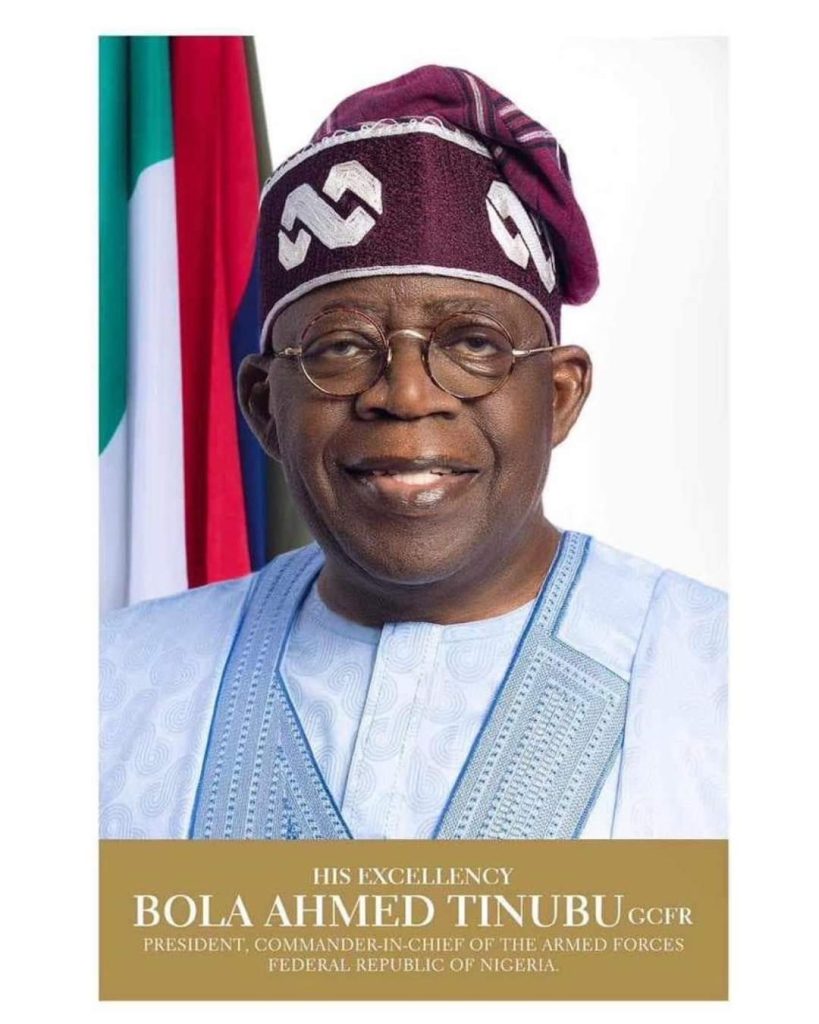Share!
President Bola Tinubu has intervened in the ongoing debate over the implementation of the controversial cybersecurity levy in Nigeria. Following mounting pressure and concerns raised by various stakeholders, including the House of Representatives, President Tinubu has directed the Central Bank of Nigeria (CBN) to suspend the implementation of the levy and initiate a thorough review of the policy.
The directive to suspend the levy came after the House of Representatives called on the CBN to withdraw its circular mandating all financial institutions to commence charging a 0.5 per cent cybersecurity levy on electronic transactions.
The CBN had issued a circular on May 6, 2024, instructing banks, mobile money operators, and payment service providers to implement the levy in accordance with the Cybercrime (Prohibition, Prevention, etc) (Amendment) Act 2024.
However, the move sparked mixed reactions among stakeholders due to concerns about its potential impact on the cost of doing business and digital transaction adoption in the country.
In response to the growing concerns, President Tinubu ordered a review of the levy, citing the need to alleviate the economic burden on Nigerians, especially amid ongoing economic reforms.
Sources within the presidency indicated that President Tinubu was sensitive to the plight of Nigerians and did not want to exacerbate their hardships with additional levies.
While acknowledging the importance of cybersecurity measures, President Tinubu’s decision to suspend the levy reflects his commitment to responsive governance and willingness to listen to the concerns of the populace .Reacting to the President’s decision, various stakeholders expressed their views.
The Peoples Democratic Party’s National Publicity Secretary welcomed the suspension of the levy, describing it as an anti-people decision from the beginning.
Similarly, the Chief Executive Officer of the Centre for Promotion of Private Enterprises commended the President for his responsiveness, emphasizing the need for a comprehensive review process involving stakeholders and the organized private sector.
However, some voices, including the Socio-Economic Rights and Accountability Project (SERAP), threatened legal action if the levy was not withdrawn within 48 hours, citing constitutional violations and human rights concerns.
In the midst of these developments, the Nigeria Labour Congress (NLC) reiterated its call for the reversal of the directive, highlighting the financial strain already faced by Nigerians due to multiple taxes and levies.
As the debate continues, President Tinubu’s decision to halt the implementation of the cybersecurity levy underscores the importance of striking a balance between enhancing cybersecurity measures and mitigating the financial burden on the populace.
The forthcoming review process is expected to address stakeholders’ concerns and pave the way for a more transparent and inclusive approach to cybersecurity policy in Nigeria
